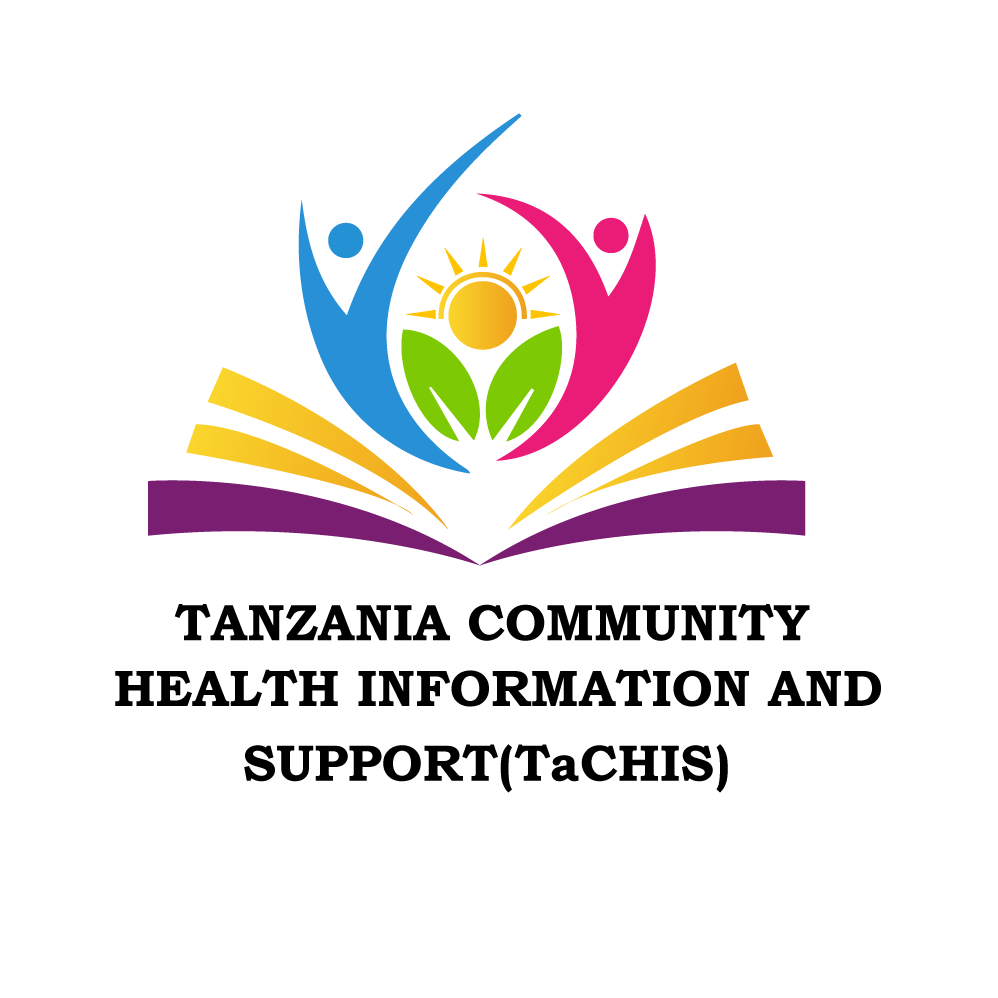Organization Background
TaCHIS is a non-governmental organization established in 2017 and registered in 2021 under NGO Act 2002 and given a mandate to operate in Tanzania Mainland with the Registration Number 00NGO/R/1727. Being collaborator and volunteering in ensure marginalized populations are reached and capacitated with right information on issues related to health, gender base violence, economic empowerment, services, psychological support and referral and linkages to appropriate channel required.
TaCHIS main goals are to ensure key populations are informed and centered in a way that they can address challenges and improve inclusivity, accessibility and engagement of vulnerable and minority populations (key populations and women facing domestic violence) to create equity, Social inclusion and equal representation in discussions and agenda in Tanzania. We have many organization appreciating roles played by key populations and women on gender equality and political representation and leadership, yet we don’t recognize the efforts of key populations and women in social dynamic.

TaCHIS exists to identify the key challenges facing vulnerable and minority populations (key populations, Youth, Adolescent, and women facing domestic violence) in accessing information and create a linkage with different services for their sustainability and community welfare on responding to gender based violence, stigma and discrimination facing these populations from the community, family members, religions, discriminatory laws and policies as well as service providers. TaCHIS believes in linking and sharing to create inclusion and equal representation in voicing for the needs and acceptability of minorities and vulnerable within the community. We hope to have a better community where people are not segregated because of their social orientation and age differences or on what they do. With right information, capacities and empowered vulnerable and minority populations will enhance their inclusivity and be reached and engaged for better generation with equal representation at all level despite their social orientation.
Strategic Direction
1. Promoting awareness creation and participation of vulnerable and minority population in through self-centered social media platform and channels
2. Promoting equal accessibility and inclusion of minority and vulnerable populations through capacity building of LGAs and community leaders for efficiency and sustainability of ending domestic violence, stigma and discrimination.
3. Empowering of minority and vulnerable population on social economic, legal literacy and livelihood skills;
4. Providing avenues/forums for minority and vulnerable populations for inclusion, lobbying and accessibility of services, adjustment of laws to end violence perpetrated towards these communities.
5. Promote accessibility and sustainability to
medical and non-medical services around
HIV/AIDS, psychosocial support, PrEP, PEP,
psychosocial support, referral and linkages
for care and treatment.
Our Core Values
TaCHIs core values are at the core of our work,
policies, strategies and our relationship with each
other, our partners and stakeholders
- Transparency
- Volunteerism
- Partnership
- Accountability and Responsibility
- Trust
- Teamwork
- Dignity and Acceptability

Areas of Compitence
a) Expertise in mobilizing minority and vulnerable populations and linking them to services appropriate to them
b) Gender Based violence and all forms of violence towards the minority and vulnerable populations.
c) Referral and Linkages to Medical and NonMedical services with a focus on HIV/AIDS, psychosocial support, social economic empowerment,
d) Capacity building on legal literacy, human rights advocacy, gender based advocacy, mental health and social economic skills for individual livelihood of minority and vulnerable populations
e) Developing programmed for inclusion on ending HIV epidemic with marginalized populations including AGYW, MSM, Transgender, Female Sex Workers and Drug users.
f) Development of innovative mapping and planning mechanism of hard to reach groups in both settings for retention and sustainability to care and treatment
g) Participation approach in inclusion and
acceptability for hard to reach population to
be engaged in appropriate services aligned
to them.
